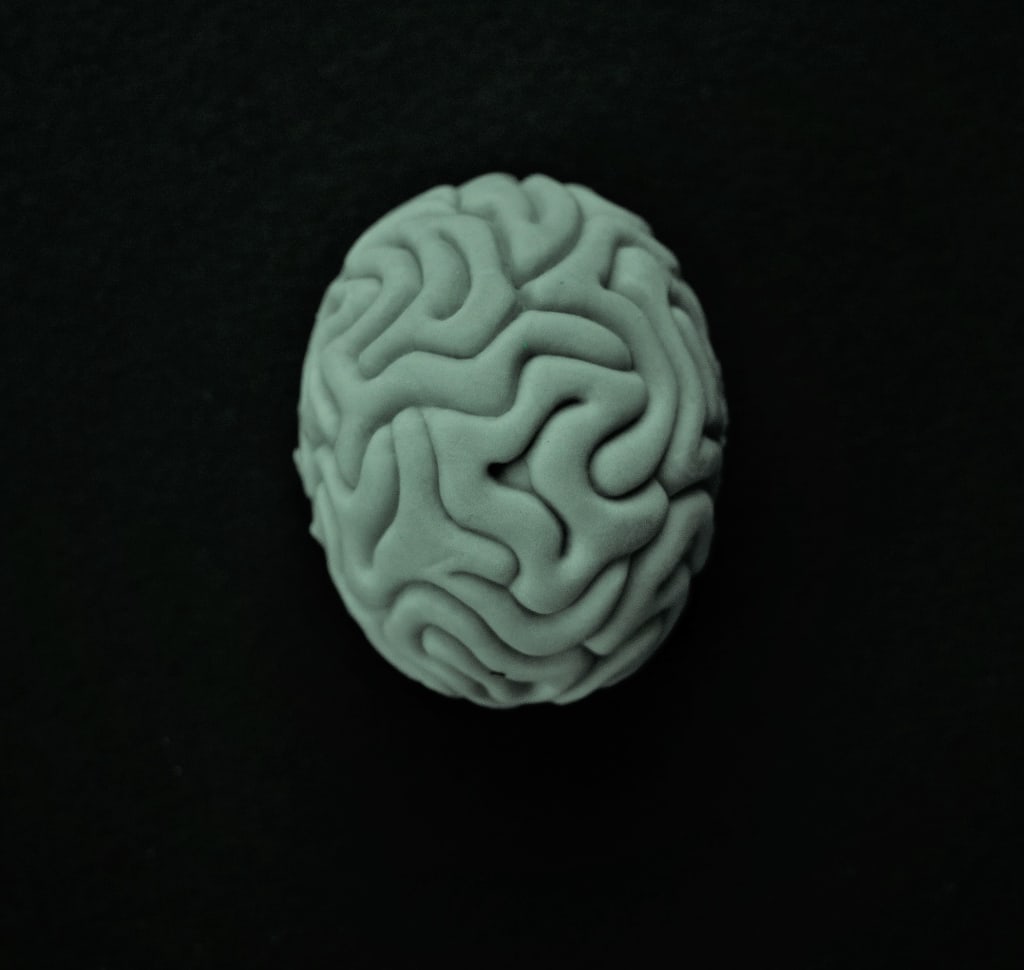
How Our Brain Works
Sherlock Holmes, the legendary detective, once compared the brain to an attic, suggesting that it has limited storage capacity for memories. However, modern research tells us that memories are not confined to one specific place in the brain. Instead, they are distributed across many brain cells in various regions, working together to create a memory. When connected neurons fire in a specific pattern, a memory is formed. Interestingly, the same group of neurons can encode multiple memories, expanding the brain's memory storage capacity.
Deep within the brain lies a group of cells shaped like a seahorse, aptly named the 'hippocampus.' Though the hippocampus is crucial for memory formation, it isn't where memories are permanently stored. This was demonstrated through the famous patient known as H.M., whose hippocampus was severely damaged during surgery in 1953. While he struggled to form new memories after the surgery, he could still recall things he had learned before it.
So, how do experiences become memories?
The process of consolidation involves brain cells repeatedly firing in the same patterns, replaying the experience to strengthen the connections between cells. This commitment of new memories to long-term storage occurs in animals, including humans.
However, the brain's memory formation isn't flawless. Sometimes, our mental replay of imagined scenarios can feel as vivid as real experiences. This can lead to the unintentional implantation of false memories, especially when someone asks leading questions.
Memory isn't solely about remembering; forgetting is an essential part of the process too.
There are several ways of forgetting:
1. Passive Oblivescence: Memories may gradually fade over time as the connections between brain cells weaken, or the triggers necessary to retrieve the memory may be lost.
2. Interference: Memories can be disrupted when the same neurons are used in other memories, causing the original memory to slowly fade away.
3. Targeted Forgetting: During sleep, our brains clear out random, useless information learned during the day and erase outdated memories.
4. Motivated Forgetting: This type of forgetting involves intentionally suppressing unpleasant memories.
Does the brain relax?
The brain can enter different states of activity and rest throughout the day and during various activities.
During sleep: One of the most significant times when the brain experiences relaxation is during sleep. During certain stages of sleep, the brain's activity decreases, allowing it to rest and engage in processes like memory consolidation and rejuvenation.
During relaxation activities: Engaging in activities that are calming and enjoyable, such as meditation, deep breathing exercises, or spending time in nature, can help the brain relax by reducing stress and promoting a sense of calm.
During downtime: When we take breaks, do leisure activities, or engage in non-demanding tasks, the brain can experience a reduction in cognitive load, which can be considered a form of relaxation.
Keep in mind that the brain is still active during these states, as it performs essential functions even when we are at rest. The notion of brain relaxation is more about providing it with opportunities to recover and recharge, which contributes to overall mental well-being and cognitive functioning.
Does the brain communicate when it is tired?
Yes, when the brain is tired or fatigued, it can exhibit various signs and symptoms either physical or cognitive. Some common ways the brain signifies it is tired include:
1. Difficulty concentrating: When the brain is tired, it may struggle to focus and sustain attention on tasks. You might find it challenging to concentrate on work, study, or conversations.
2. Slower processing speed: Mental processing speed tends to slow down when the brain is tired, leading to delays in decision-making and response time.
3. Forgetfulness: Tiredness can impair memory and lead to forgetfulness. You might have trouble recalling recent events or information.
4. Increased mistakes: Tiredness can make you more prone to making errors, whether in simple calculations, typos, or other tasks that require precision.
5. Mental fog or haziness: Feeling mentally foggy or having a clouded mind is a common sign of brain fatigue.
6. Reduced creativity and problem-solving abilities: When the brain is tired, it may struggle to think creatively or find innovative solutions to problems.
7. Physical symptoms: Brain tiredness can also manifest as physical symptoms, such as headaches, eye strain, or a feeling of heaviness in the head.
8. Irritability and mood swings: Lack of mental rest can lead to irritability, mood swings, and a reduced ability to manage emotions effectively.
9. Sleep disturbances: Paradoxically, brain tiredness can lead to sleep disturbances, making it difficult to fall asleep or stay asleep through the night.
About the Creator
Loventer
Knowledge is growth





Comments
There are no comments for this story
Be the first to respond and start the conversation.